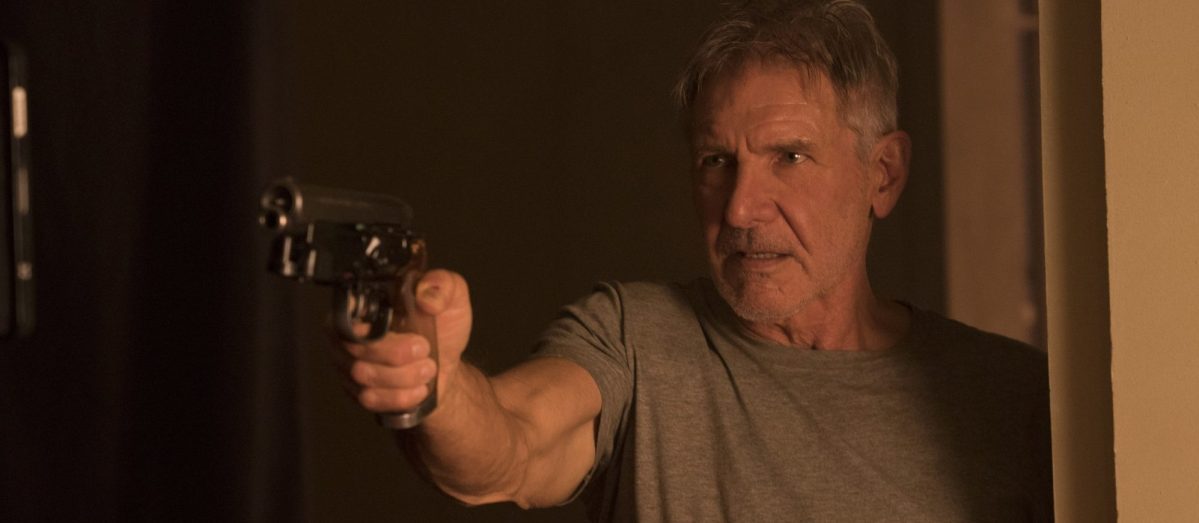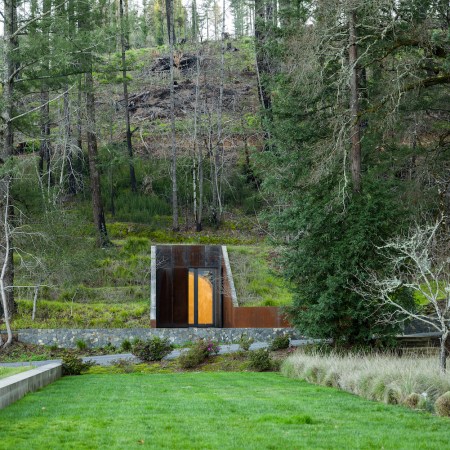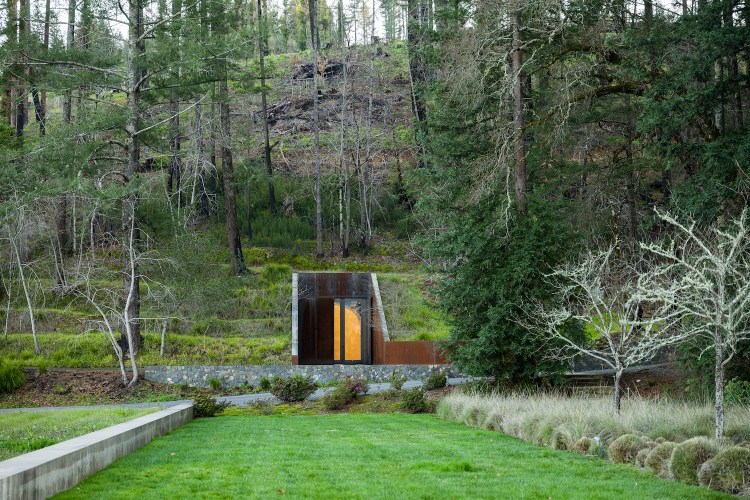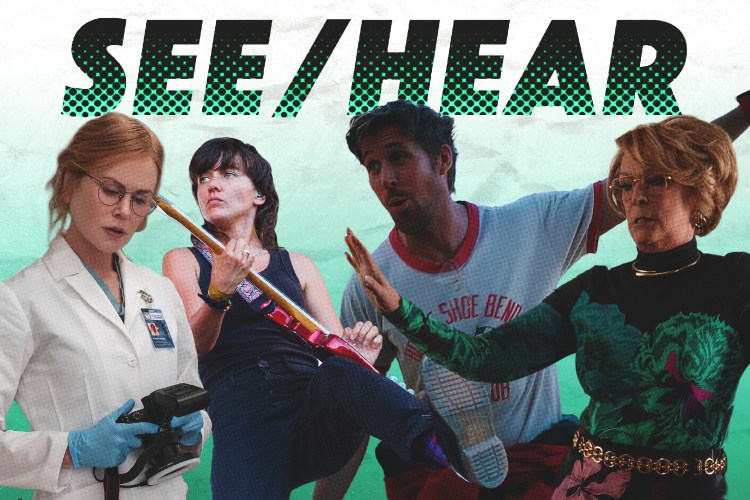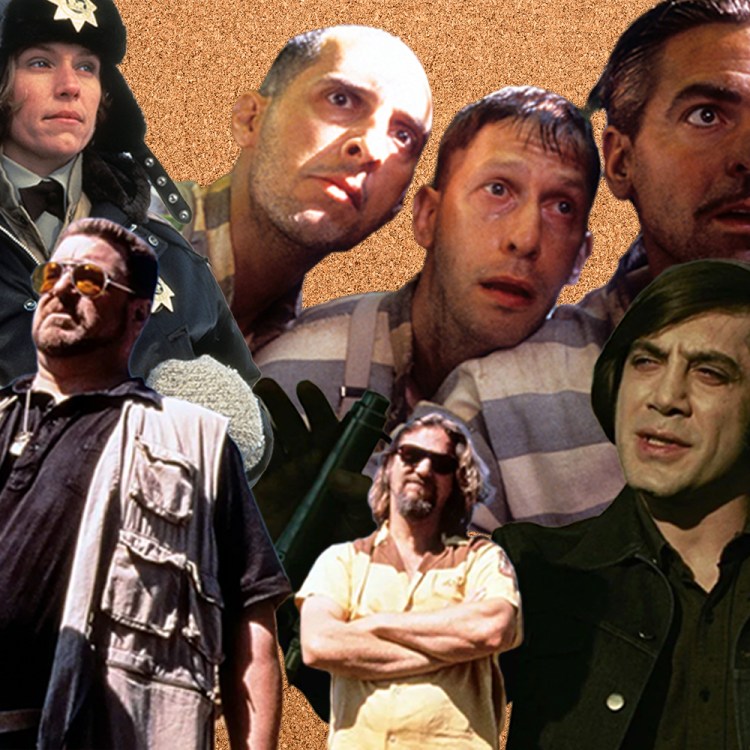The future looks bleak for the dystopian sci-fi flick, Blade Runner 2049.
Though the sequel to the 1982 cult classic topped the box office this weekend, its $31.5 million haul was well short of expectations and a huge disappointment for a highly-anticipated film crowned with glowing reviews.
Critics extolled the visual experience created by director Denis Villeneuve, and long-time fans appreciated the return of original franchise star Harrison Ford. The film also boasted one of the hottest actors in Hollywood, Ryan Gosling, fresh off his La La Land success, as the lead.
“This was a watershed movie,” Paul Dergarabedian, senior box-office analyst for ComScore, told RealClearLife. “I really admire what they did from a creative perspective, but when you spend $150 million, you have to be extraordinary confident that you can cross over to the mainstream and this didn’t do that.
“But, then again, neither did the original.”
As industry insiders examine what went wrong for a film that seemed to have all the right ingredients for box office success, that may be the biggest factor. The original Blade Runner may be considered one of the most influential sci-fi films of all time, but it isn’t exactly Star Wars. The original, directed by Ridley Scott of Alien fame, was considered a box office flop at the time, just the 27th highest grossing film of 1982 with $32.8 million. It didn’t find appreciation until much later on VHS and DVD. The die-hard fan-base was just not big enough to guarantee success.
“Moviegoers under 25 weren’t even born when the first Blade Runner came out, so there wasn’t this touchstone nature to the sequel,” said Dergarabedian.
In hindsight, there were other factors:
With Blade Runner 2049, Warner Bros. was caught in a no-win situation. In the effort to shroud potential spoilers in secrecy, the moody, mysterious marketing campaign didn’t drive excitement because many ticket-buyers didn’t know what they were getting.
And all those stunning visuals from the trailer may have made the movie look like more of an art-house film than an action-packed thrill ride. Guardians of the Galaxy, this is not.
The film’s run-time of two-hours, 43 minutes also didn’t help — both in the number of showings a movie theater could schedule over the weekend and in scaring off potential movie-goers intimidated by the time commitment. (“Almost three hours is a lot to ask from an audience,” said Dergarabedian.)
Going into the weekend, experts predicted Blade Runner 2049 would net closer to $45 million. But that may have been wishful thinking in an industry in which there’s always lamenting that there aren’t more quality, big-budget movies.
“Even the most jaded box office observer got caught up in the excitement of this movie,” said Dergarabedian.
This article appeared in an InsideHook newsletter. Sign up for free to get more on travel, wellness, style, drinking, and culture.
